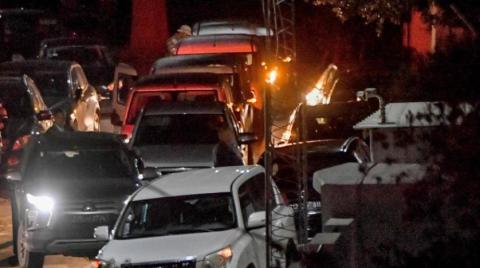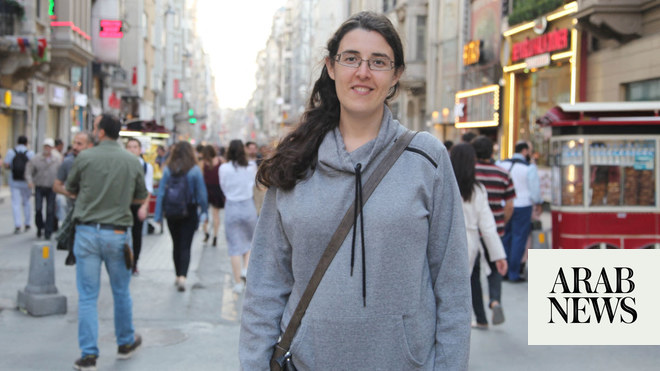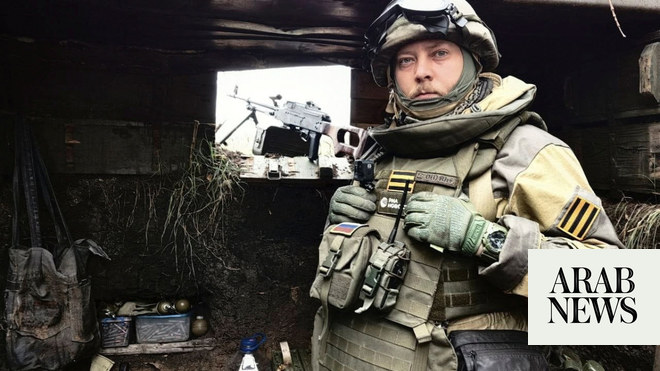
The probes follow President Kais Saied’s dismissal of the prime minister and key Cabinet members
JEDDAH: Prosecutors in Tunisia have launched an investigation into allegations of illegal foreign campaign funding and anonymous donations to the Islamist Ennahda political party.
Investigations have also been opened into the national anti-corruption agency — which is itself suspected of corruption — and into the Truth and Dignity Commission created to confront abuses during Tunisia’s decades of autocratic rule.
The probes follow President Kais Saied’s dismissal of the prime minister and key Cabinet members, and the 30-day suspension of parliament, which is dominated by Ennahda.
Ennahda and two other political parties are accused of obtaining illegal funding before elections in 2019. The investigation will focus on “the foreign financing and acceptance of funds of unknown origin,” said Mohsen Dali, spokesman for the financial prosecutor’s office.
Rachid Ghannouchi, the Ennahda leader and parliamentary speaker, admitted that his party was a perfect target to blame for Tunisia’s raft of economic, health and other problems.
Ghannouchi conceded that Ennahda, which has been accused of focusing on its internal concerns instead of managing the coronavirus, “needs to review itself, as do other parties.”
The Islamist party has accused the president of carrying out a coup, but the claim has attracted little support in the international community. The US, EU and other world powers have stopped short of condemning Saied’s actions, and instead urged him to rapidly appoint a new prime minister and government.
Saied said he would assume executive power “with the help” of a government whose new leader he would appoint himself. Names of possible candidates circulated on Wednesday after Saied met representatives of civil society.
“President Saied will be very careful in choosing the future head of government, because he wants a trustworthy and loyal person who will adopt the same policies as him,” said political scientist Slaheddine Jourchi. “He is faced with a great challenge — to show Tunisians and the world that he made the right decisions.”
Saied said his actions were necessary to stabilize a country in economic and health crisis, and they have received widespread support among ordinary Tunisians.
Omar Oudherni, a retired army brigadier and security expert, said the president’s moves, coming after a day of nationwide protests, “put an end to the development of anger ... This decision calmed the situation and protected the state and citizens, and even the ruling political parties, from the people’s wrath.”












